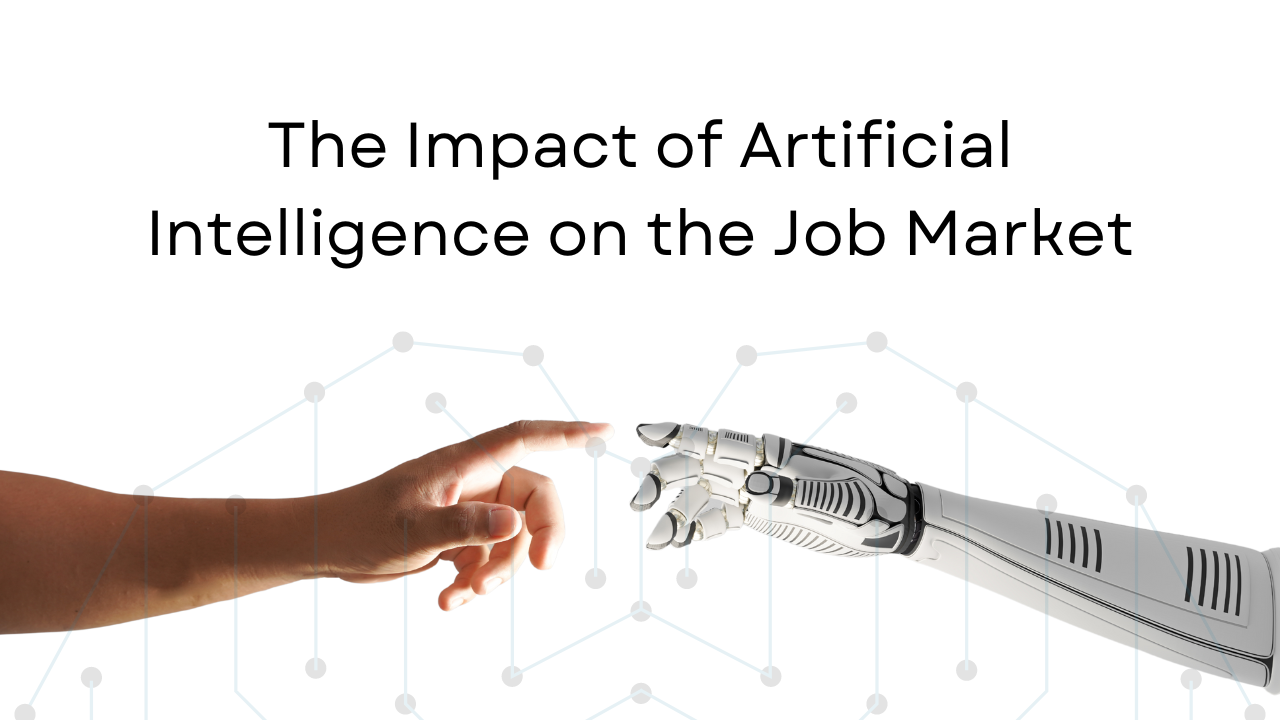
In recent years, Artificial Intelligence (AI) has become a transformative force in various industries, revolutionizing the way we work and interact with technology. As AI continues to advance, its influence on job markets and employment trends is becoming increasingly significant. Understanding these impacts is crucial for both workers and employers as they navigate this evolving landscape.
1. Shifting Job Markets
AI is reshaping job markets by automating routine and repetitive tasks that were once performed by humans. This automation is leading to a shift in demand from traditional roles to those requiring advanced skills and specialized knowledge. For instance, jobs in manufacturing and clerical work are increasingly being replaced by AI-driven machines and software. As a result, there is a growing need for workers who can design, manage, and maintain these AI systems.
2. Emergence of New Job Categories
While AI may displace certain jobs, it also creates new opportunities and job categories. As AI technology evolves, new roles emerge that were previously unimaginable. Positions in AI development, data analysis, and machine learning are in high demand. Additionally, roles focusing on AI ethics, regulation, and human-AI interaction are becoming more prevalent. Workers with skills in these areas are well-positioned to benefit from the changing job landscape.
3. Increased Focus on Upskilling and Reskilling
To remain competitive in an AI-driven job market, continuous learning and adaptation are essential. Upskilling and reskilling are becoming critical strategies for workers looking to stay relevant. Employers are investing in training programs to help their employees transition into new roles and acquire the skills needed to work alongside AI technologies. Educational institutions are also adapting their curricula to include AI and data science courses, preparing the next generation for a future where these skills are in high demand.
4. Impact on Employment Structures
AI is influencing employment structures by enabling more flexible and remote work arrangements. AI-powered tools facilitate communication, project management, and collaboration from anywhere in the world. This flexibility is leading to a rise in gig economy jobs and remote work opportunities. As businesses leverage AI to manage distributed teams and streamline operations, traditional 9-to-5 office jobs are becoming less common, giving rise to new employment models.
5. Ethical Considerations and Policy Implications
The integration of AI into job markets raises important ethical and policy considerations. The displacement of workers and the widening skills gap highlight the need for policies that support affected individuals. Governments and organizations are exploring ways to provide safety nets, such as unemployment benefits, retraining programs, and job placement services. Additionally, there is an ongoing discussion about the ethical use of AI in hiring practices and the potential for bias in automated decision-making processes.
6. Future Outlook
Looking ahead, the impact of AI on job markets and employment trends will continue to evolve. While AI presents challenges, it also offers opportunities for innovation and growth. Embracing AI’s potential and preparing for its implications are key to navigating the future of work. By focusing on education, adaptation, and ethical considerations, society can harness the benefits of AI while addressing its challenges.


